COVID forced NJ students into isolation and teachers to rewrite their playbook.
The COVID pandemic had a particularly disruptive impact on students and teachers as classes went remote for the 2020-21 academic year. NorthJersey.com published a series that looked at how teachers adapted, how students dealt with depression and isolation, and how hard it was for high school seniors in particular, who were denied the rights of passage of senior year, getting their driver's licenses and visiting prospective colleges in person.
But there were unexpected upsides as well. Teachers learned new skills and methods of presenting information. Some students who had returned to their homelands to aid families could still take classes online while abroad. And some Black students thrived since they were able to evade the biases and institutionalized racism often found in a traditional classroom setting.
'Students feel disconnected' and it's not senioritis. COVID ruined Class of 2021's big year
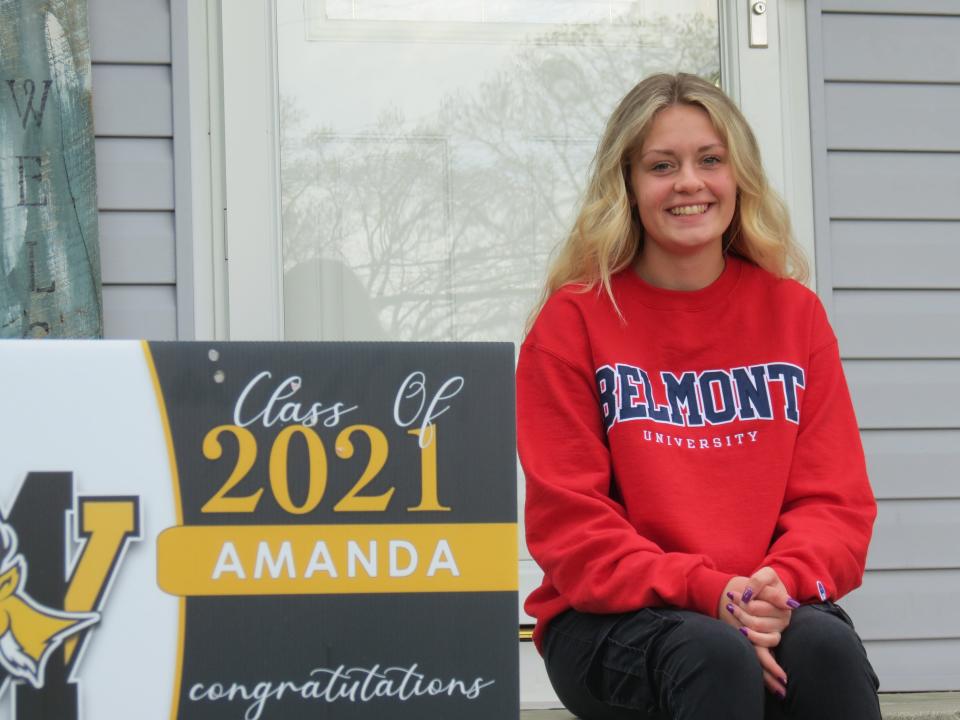
COVID-19 has delivered a devastating blow to the high school Class of 2021 in North Jersey. Fond memories of senior year have been ruined and replaced by virtual learning, canceled activities, delays in gaining a driver's license, and anxiety over finding the right college — without in-person visits — and paying for it.
NJ schools plan to help students with significant learning loss after COVID. Here's how
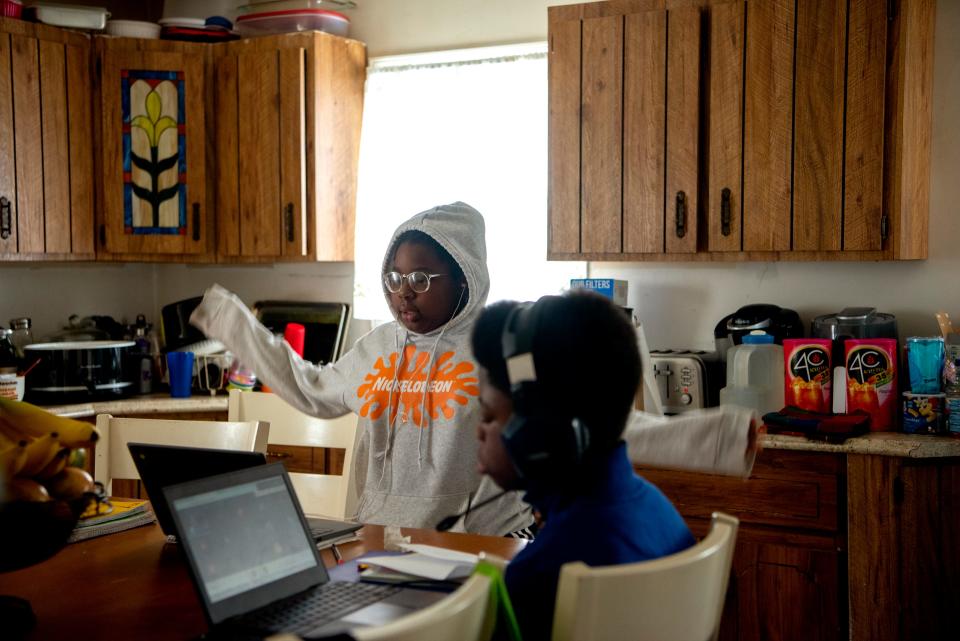
Across New Jersey, families have shared concerns about their children falling behind after schools shifted to part-time or full-time remote learning during the COVID pandemic. Experts and educators say learning loss has been significant, especially for students from low-income households, which could widen achievement gaps.
Remote learning is helping some Black students affirm their identities, excel in school
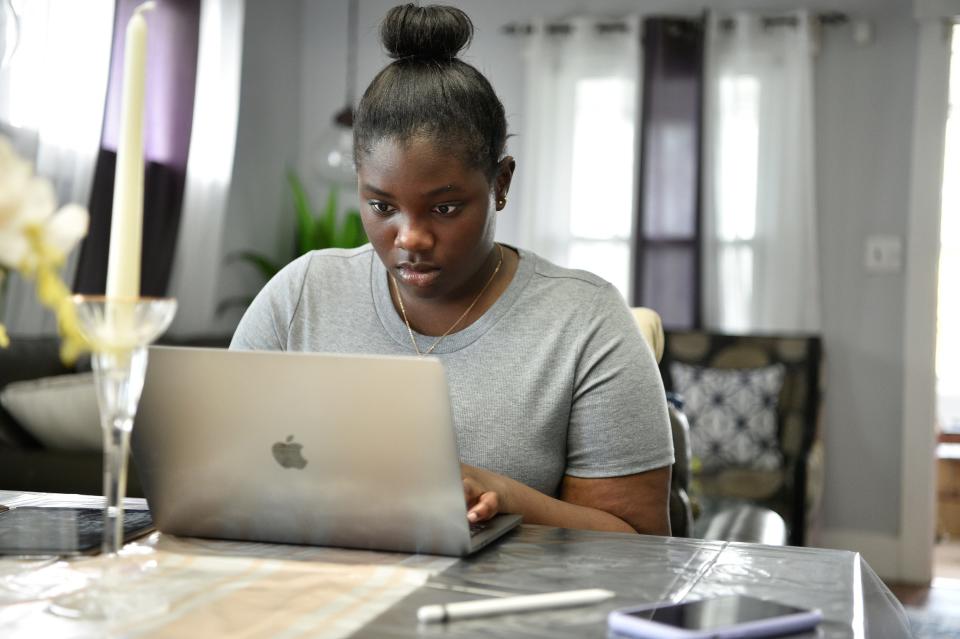
The pandemic is having an undeniable impact on education, as the remote classroom has disrupted students and teachers. But for some Black students, the distance-learning environment has brought an unexpected benefit: They can evade the biases and institutionalized racism often found in a traditional classroom setting.
Students are stressed and depressed. What will districts do when they go back to school?
During the grueling yearlong COVID pandemic, students experienced higher rates of depression and anxiety while in isolation from their teachers and peers. When schools reopen in September, educators will be left to deal with the fallout among students. Some are already rolling out programs to address the issue.
Remote learning let some NJ kids log in from around the globe. Is it a sign of the future?
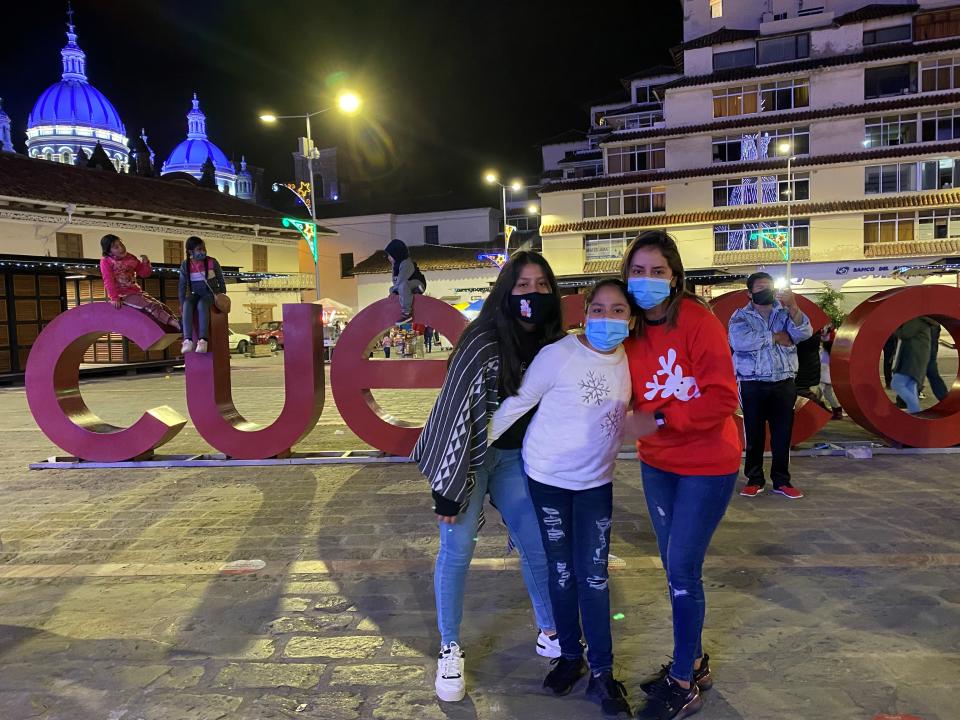
As remote learning took hold during the coronavirus pandemic, hundreds of Garden State students who returned to their homelands to assist family have logged in to classes on their laptops from the Dominican Republic, Portugal, Bangladesh, Egypt, Australia and elsewhere.
COVID pandemic forced NJ teachers to adapt. Here's what they learned for the future
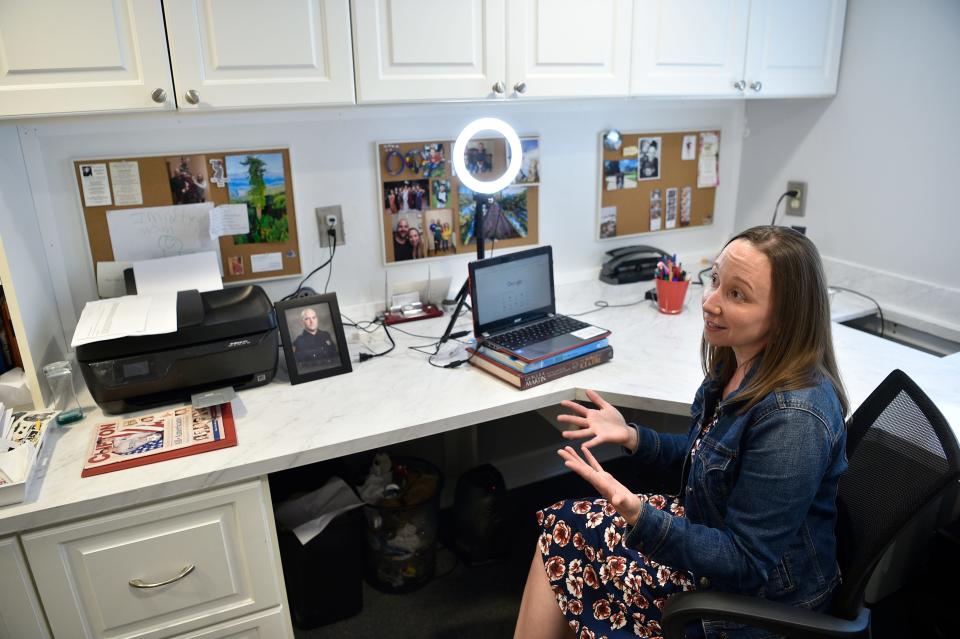
COVID-19 has forced educators to become students. They had to learn new methods and new technologies, and transition from the traditional hands-on approach to a more challenging and stressful virtual world — or risk falling behind, or possibly leaving the profession.
This article originally appeared on NorthJersey.com: COVID affected NJ students learning with disruption and isolation

